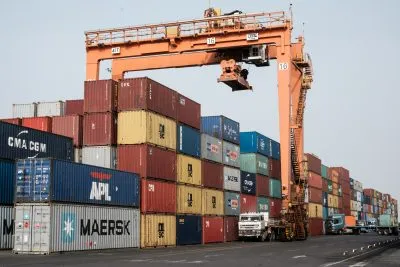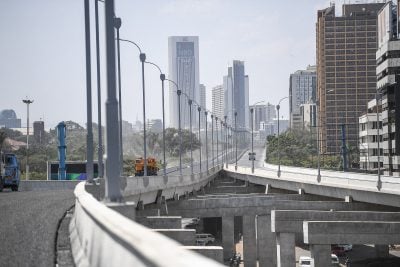Nigeria’s political landscape is currently witnessing series of alignments as old political warhorses strategise to remain relevant in the current dispensation.
The main opposition party in the country, the All Progressives Congress (APC), seems to be gaining more traction by the day as it strives to wrestle power from the firm grip of the ruling Peoples’ Democratic Party (PDP), which has been calling the shots since 1999.
In the fold of the new APC, which is an amalgam of several political parties, are erstwhile staunch members of the ruling party including five state governors and scores of lawmakers, who defected last year.
Some of the other key leaders of the APC are former Head of State, Gen. Muhammadu Buhari, former Vice-President Atiku Abubakar and immediate past Governor of Lagos state, Senator Bola Tinubu. Buhari, who has made three unsuccessful attempts at the Presidency, is likely to run again in 2015 as the Presidential flag bearer of the mega party, even though there is speculation that a younger person might eventually pick the ticket. Buhari is 70. Among those favoured to get the nod, should Buhari agree to step down, are the former anti-corruption czar Mallam Nuhu Ribadu and the Speaker of the House of Representatives, Aminu Tambuwal, who is being wooed to join the APC from the ruling party.
But the race to Aso Rock may not be without drama as the APC itself is struggling to accommodate the different ideological strains of its new members, particularly those that defected from the PDP. It is believed this might create problems for the party if it is not amicably resolved. Meanwhile, the APC has unveiled its manifesto.
The party has promised to create 20,000 jobs for Nigerians who hold at minimum, secondary school leaving certificates, in each of the 36 states of the federation. It also announced payment of $31 to 25m poorest and most vulnerable citizens as well as offering free primary and secondary education to Nigerians. The party further promised to tackle corruption head on while assuring that it would institute criminal prosecution against those whose sources of wealth are questionable.
Buhari, who spoke on the rationale for the merger, said: “We found out that if we do not come together, the ruling party will ruthlessly eliminate the opposition and there will be no more dissenting voices of reason. As leaders, we decided it was time we made sacrifices to rescue our country from the brink of collapse.”
Similarly, Tinubu said: “In four years, APC will build four refineries to put a stop to the cycle of product scarcity and subsidy scams in the country.”
But the PDP has dismissed the perceived threat from the opposition. Incumbent President Jonathan, who spoke at a rally in Kaduna in March, to woo potential electorates in the north-western part of the country, noted that since 1999, several political parties had tried to work against the fortunes of the PDP during elections, but failed.
Jonathan said: “This is not the first time that there has been a gang up. From 1999, there was a gang up. Two, three political parties came together. They brought Presidential candidate from one (of the parties) and Vice-Presidential candidate from one other party. The gang-up will fail.”
Want to continue reading? Subscribe today.
You've read all your free articles for this month! Subscribe now to enjoy full access to our content.
Digital Monthly
£8.00 / month
Receive full unlimited access to our articles, opinions, podcasts and more.
Digital Yearly
£70.00 / year
Our best value offer - save £26 and gain access to all of our digital content for an entire year!
 Sign in with Google
Sign in with Google 



